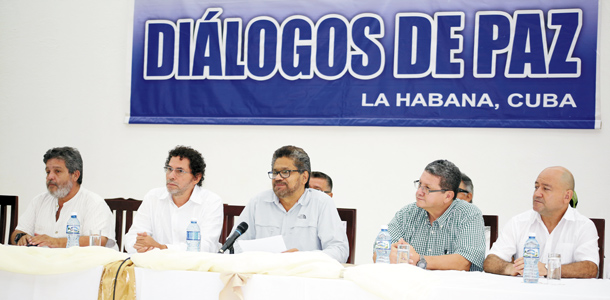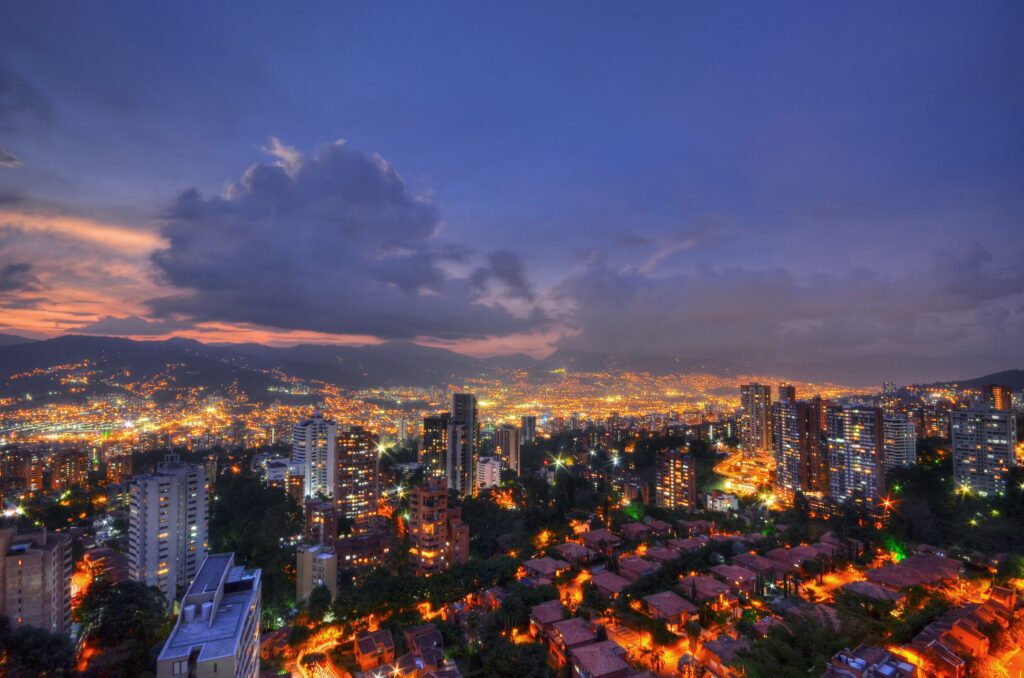
Colombia’s Foreign Ministry is in the process of approving the country’s first digital nomad visa.
Over the past year, the visa for digital nomads has gone from being a chased dream to the final stage before enactment—quickly evolving itself from a rumored street legend in Colombia’s tech scene into something that might just materialize.
The Digital Nomad Visa’s Trip Through Colombia’s legislature
One of the first smoke signals about the Colombian digital nomad visa was seen in May of 2021 on one of the many Facebook expat groups.
In the post, it was said that the two-year visa was “not publicly announced yet but would be very shortly, probably by June.”
Almost a year later, the announcement has yet to be made, but that doesn’t mean the visa isn’t coming—the path to digital nomadism in Colombia has been paving itself for some time now.
Passed in 2020, Law 2069 orders the Ministry of Foreign Affairs to create work permits for “digital nomads,” including people dedicated to remote, independent, or teleworking.
VISA FOR DIGITAL NOMADS, ENTREPRENEURS AND REMOTE WORKERS
The National Government under the leadership of the Foreign Ministry shall issue a special permit for the entry, stay and work of so-called “digital nomads” in the country, which includes people engaged in remote and/or independent work, teleworking, telecommuting and/or remote work, with the purpose of promoting the country as a center of remote work in the framework of the fourth revolution.
Article 16 of Law 2069
In order for governmental officials to execute the law, however, the Foreign Ministry must also issue a resolution that contains the specifics of any future visa.
In December of last year, the Foreign Ministry announced a draft of the “visa resolution project” which includes a visa for digital nomads.
This development implies that the digital nomad visa could take force as soon as tomorrow or as late as next year.
In my opinion, the resolution was “halted” due to the election year. The foreign policy is set by the President and it doesn’t make sense to introduce an important change in the visa regulation just a few months before the election of a new President.
– Mónica María Robledo Cadavid, Lawyer, Commercial Law
In the meantime, digital nomads can utilize the provisional loophole that was created via the 2020 law that encourages entrepreneurship as well as the growth, consolidation, and sustainability of foreign companies in Colombia.
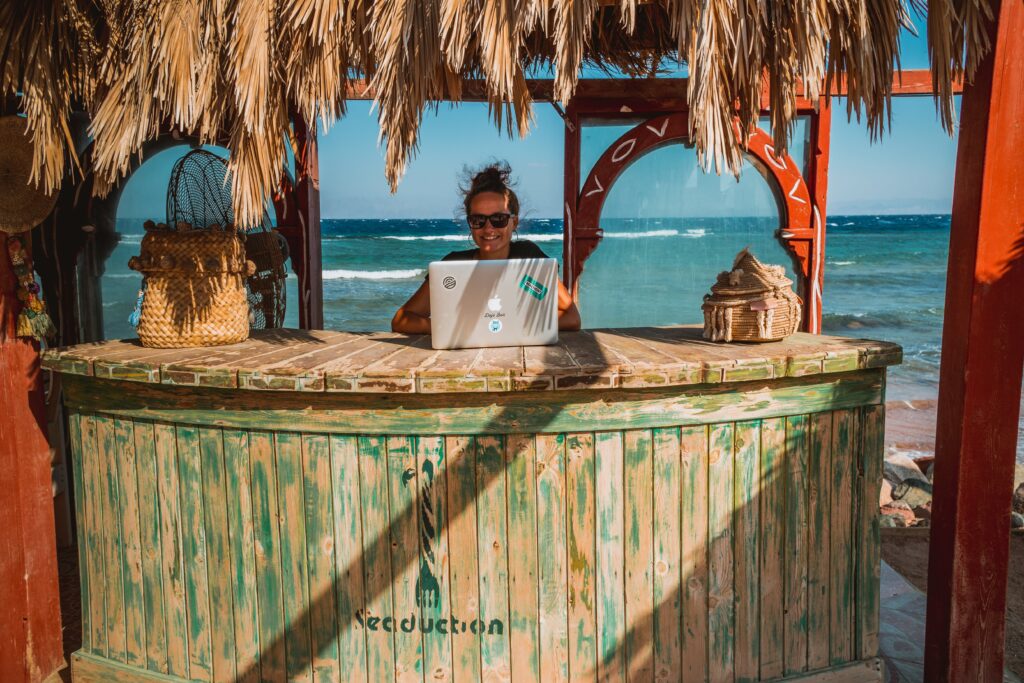
1 Visa, 2 Visa, 3 Visa, 4?
Okay so now that we know the digital nomad visa is in the oven, what can we expect if/when it comes out? Here are the requirements according to the resolution for the projected visa:
| 1) The first requirement is to work for a foreign company. This means that employers or contractors that are natural persons cannot be presented for this visa. Only companies can be and consequently, the existence of such a company must be proven with pertinent legal documents such as a certificate of fact or certificate of existence. 2) Bank statements proving a monthly income of at least 3 minimum monthly legal wages i.e. 3 million pesos. (NOTE: The minimum wage is currently 1 million pesos, subject to an annual increase, as provided by the Colombian government, on the 1st of January. So in practice, the minimum income for this visa will increase every 1st of January once the visa is enacted.) 3) A letter in Spanish or English, issued by one or more foreign companies for which the foreigner provides services, indicating the type of relationship and the type of remuneration received by the applicant (salary, fee, commissions, etc.) and the confirmation that the work is performed remotely. 4) If the parties have a contract, the applicant must submit it. 5) If the applicant is a partner or co-owner of the foreign company, he must prove it with the appropriate document(s). 6) Health insurance with coverage in Colombia including accident, illness, maternity, disability, hospitalization, death, or repatriation for the planned permanence of the foreigner in the country. * The visa can be approved for a maximum duration of 2 years. |
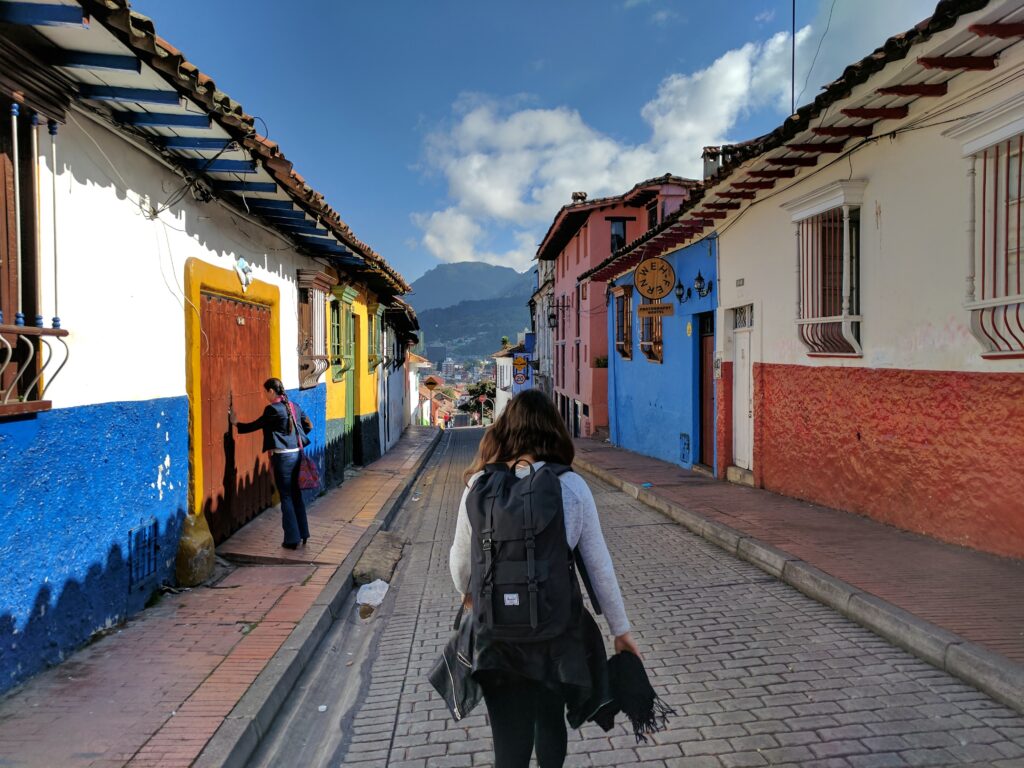
The Genesis of The New Visa: How it Came To Be
There were two key players that catalyzed the pursuit of a digital nomad visa in Colombia.
The first is Llana Milkes Espinosa, originally from Bogotá, who dreamt up the idea of the digital nomad visa for her home country.
“Colombia is a very unequal society, and education in technology diverges the haves and have-nots,” said Espinosa. “I brought this idea to life as a citizen who wanted to see a better life for Colombians.”
In her pursuit, Espinosa enlisted the help of friend and colleague from Silicon Valley’s Drake University, Joel Burke. Burke, who is a US Congressional Innovation Fellow, was a part of building the e-Residency program in Estonia (EU) as a leader in Business Development.
When formulating something like an e-Residency for Colombia, Burke and Espinosa quickly realized they had to go about it differently than how it was done in Estonia, because the context was very different.
Colombia already has a booming tourist infrastructure coupled with extreme growth in recent years, with international visitation expanding 196% between 2010 and 2019. This is something that Estonia didn’t possess, and the e-Residency program was geared at drawing digital nomads in.
Looking to leverage this already existing advantage, Burkes and Espinosa targeted their visa proposal at helping to support long-term stay residents that already existed in Colombia and frequent flyers to the country.
A nomad isn’t just a tourist, it is someone who may be in your country for years and it is a huge missed opportunity not to integrate them into the society, with ‘lack of connection’ a common complaint among remote workers and nomads.
-Joel Burke, US Congressional Innovation Fellow
For eight to nine months in 2020, they presented the idea, getting feedback from various stakeholders and then iterating accordingly. They even helped to write up some details on what law 2069 would look like down the road.
“We explained how we imagined it rolling out, and alongside very high-level projections, people understood the value quickly and were supportive,” said Burke.
The only hold-ups that were demonstrated by stakeholders were in understanding who was responsible for deciding where the ownership of the visa went and some of the fundamentals of why this would be beneficial for the country. But as soon as Burke and Espinosa shared data about other countries’ work on similar projects—parties were quickly convinced.
“It was impressive, despite the pandemic, to see people still getting on calls wearing masks to push forward something that could be hugely beneficial for Colombia,” said Burke. “Especially when you consider that it’s an excellent way to sustainably relaunch tourism in the country.”
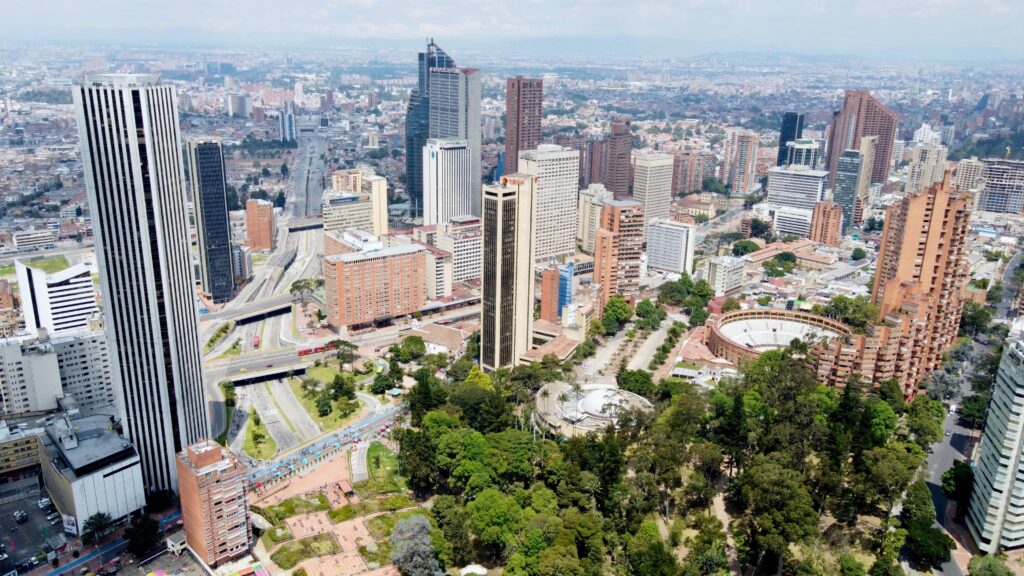
A Nomadic Future for Colombia
A digital nomad visa would be an extreme boon to the local economy. It would also be mutually beneficial to the countless international residents who are itching to stay longer within the country’s borders.
Only time will tell when the whisperings on the street will transpire into tangible offerings, but The Bogota Post will keep its ears perked for noteworthy benchmarks. Stay tuned.

